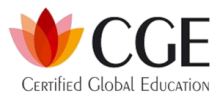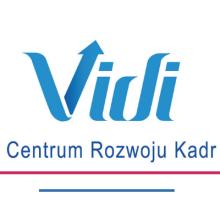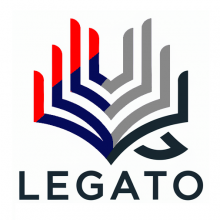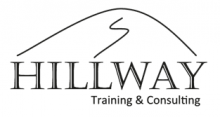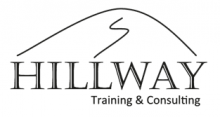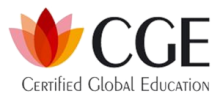Training objectives
- Introduce the core principles and values of Agile and Scrum methodologies.
- Understand how flexibility and agility in project management can improve project delivery in a fast-changing business environment.
- Learn how to apply specific Agile and Scrum tools and techniques in everyday project work.
- Develop skills in effective team communication, planning, and organization in line with Agile values.
Estimated contribution of the practical part: 70%
Duration: 2 days for 7 h
Day 1: Introduction to Agile and Scrum
Module 1: Introduction to Project Management and Agile Methodologies
- Traditional project management vs. Agile approaches.
- Core Agile principles and values.
- Overview of Agile methodologies: Scrum, Kanban, Lean.
Module 2: Scrum Fundamentals
- History and evolution of Scrum.
- Principles and pillars of Scrum: transparency, inspection, adaptation.
- Scrum roles: Scrum Master, Product Owner, Development Team.
Module 3: Scrum Product Lifecycle
- Definition and importance of the Product Backlog.
- Sprint planning: setting goals and selecting tasks.
- Sprint overview: Daily Stand-up, Sprint Review, Sprint Retrospective.
Module 4: Agile Tools and Techniques
- Tools supporting Scrum and Agile (JIRA, Trello, others).
- Introduction to Kanban and its use in managing workflow.
- Key Agile metrics: Velocity, Burndown Chart, Burnup Chart.
Day 2: Practical Application of Agile and Scrum
Module 5: Building and Managing a Scrum Team
- How to build effective project teams
- The role of the Scrum Master: leading, removing impediments, promoting Scrum values.
- The importance of engagement and communication within the team.
Module 6: Backlog Management and Prioritization
- Creating and maintaining the Product Backlog.
- Task prioritization techniques: MoSCoW, Kano method, others.
- Adjusting the Backlog to changing requirements and priorities.
Module 7: Planning and Executing Sprints
- Practical approach to Sprint Planning.
- Organizing effective Daily Stand-ups.
- Conducting Sprint Reviews and Retrospectives – best practices.
Module 8: Change and Risk Management in Agile
- Risk management in Agile projects.
- How to respond to changes and adapt project plans.
- Techniques for managing change in dynamic project environments.
Module 9: Practical Workshop
- Team-based Agile/Scrum project simulation.
- Creating the Product Backlog, planning the Sprint, conducting Daily Stand-up and Sprint Review.
- Group discussion on challenges and successes in applying Agile and Scrum.
Exercises
- Simulation game: Sprint Planning.
- Daily Stand-up simulation.
- Sprint Retrospective reflection exercise.
- Product Backlog creation.
- Kanban Game: workflow management.
- Creating User Stories and acceptance criteria.
- Task prioritization: MoSCoW technique.
- User Story Mapping: building user journey maps.
- Agile Values Workshop: defining and prioritizing values.
- Rapid prototyping and testing through short iterations.
Methodology:
Micro-presentations, simulations, group exercises, real-life case studies.
Oferees:
- Project managers and team leaders.
- Project team members looking to develop project management skills.
- IT specialists, developers, business analysts and other project contributors.
- Executives and managers interested in implementing Agile management practices within their organization.






















